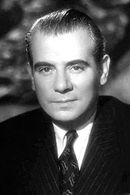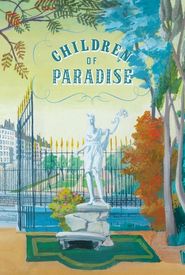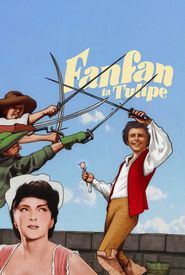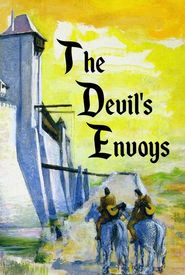Marcel Herrand's illustrious career on stage and screen spanned nearly a century, from 1920 until his untimely passing. As an actor, he brought a unique blend of elegance, presence, and exceptional talent to his roles in plays by renowned playwrights such as Jules Romains, Oscar Wilde, Arthur Schnitzler, John Ford, and Albert Camus. Under the direction of visionary masters like Jacques Copeau, Charles Dullin, and Georges Pitoëff, Herrand's performances earned him widespread acclaim.
But Herrand's creative genius didn't stop at acting. He also ventured into playwriting, staging productions of works by Federico Garcia Lorca, Henrik Ibsen, Julien Gracq, and many others. His own plays were met with critical acclaim, solidifying his reputation as a multifaceted artist.
On the big screen, Herrand appeared in only twenty-six films, with a notable absence during the 1930s. However, he was handpicked by the legendary director Marcel Carné to star in two cinematic masterpieces: The Devil's Envoys (1942) and the iconic Children of Paradise (1945). In the latter, Herrand shone as Lacenaire, the charismatic and deadly dandy killer rebelling against the societal norms of King Louis-Philippe's era.
Throughout his film career, Herrand mainly played the role of the sophisticated, high-stakes villain, often stealing the scene with his refined mannerisms and razor-sharp wit. Some of his most memorable roles include the duplicitous policeman Corentin in Ruy Blas (1948),the cunning Don Salluste in Ruy Blas (1948),the ruthless killer Larsan in Le mystère de la chambre jaune (1949),and the charming but treacherous King Louis XV in the timeless adventure film Fanfan la Tulipe (1952).
Marcel Herrand's remarkable legacy continues to captivate audiences to this day, a testament to his unwavering dedication to his craft and his enduring appeal as a master of the silver screen.





















